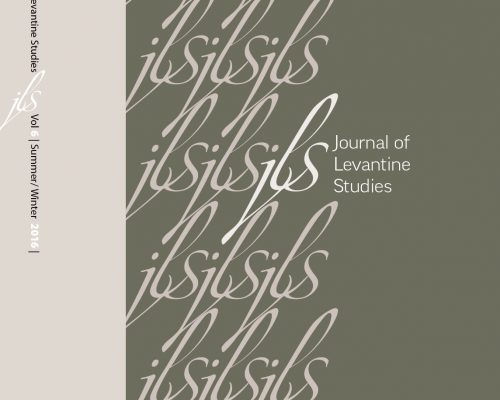Moisés Orfali
Documents preserved by the Portuguese Inquisition, travelers’ tales, contemporary chronicles, and writings left by local priests provide information concerning the Brazilian conversos. Taken together, the documents permit reconstruction of important aspects of Lusitanian American socioeconomic history. Still, these must be read and used with extreme caution, as the sources always reproduce what the inquisitors wanted to prove: the persistence of Jewish heresy. According to traditional historiographers (among others: Robert Southey, Ignacio Accioli de Cerqueira e Silva and Braz do Amaral, Antonio Domínguez Ortiz, Lucia García Proodian, and Eduardo D’Oliviera França), most of the cristãos-novos (New Christians) in northeastern Brazil had apparently helped the Dutch invaders. This assumption, however, has not been corroborated by the evidence, which shows that only some of the New Christians carried out acts of war on the side of the Dutch in the initial stages of the conquest, during which they served as guides, advisers, translators, and soldiers. It will be shown that the New Christians were not a homogeneous group, nor did they behave as a coherent unit at any time in Brazil’s colonial period. In the years the Dutch occupied parts of northeastern Brazil (1624–1625 and 1630–1654), there were Christians, both Old and New, who sympathized with the invaders. At the same time, many of the New Christians born in Brazil were already integrated into colonial life and society, contributing money, fighting against the Dutch, and taking part in Portugal’s defensive plans. Examples in this updated survey on the topic illustrate that those New and Old Christians who supported either the Dutch or the Portuguese side did so mainly for economic reasons rather than out of political or religious motivations.


